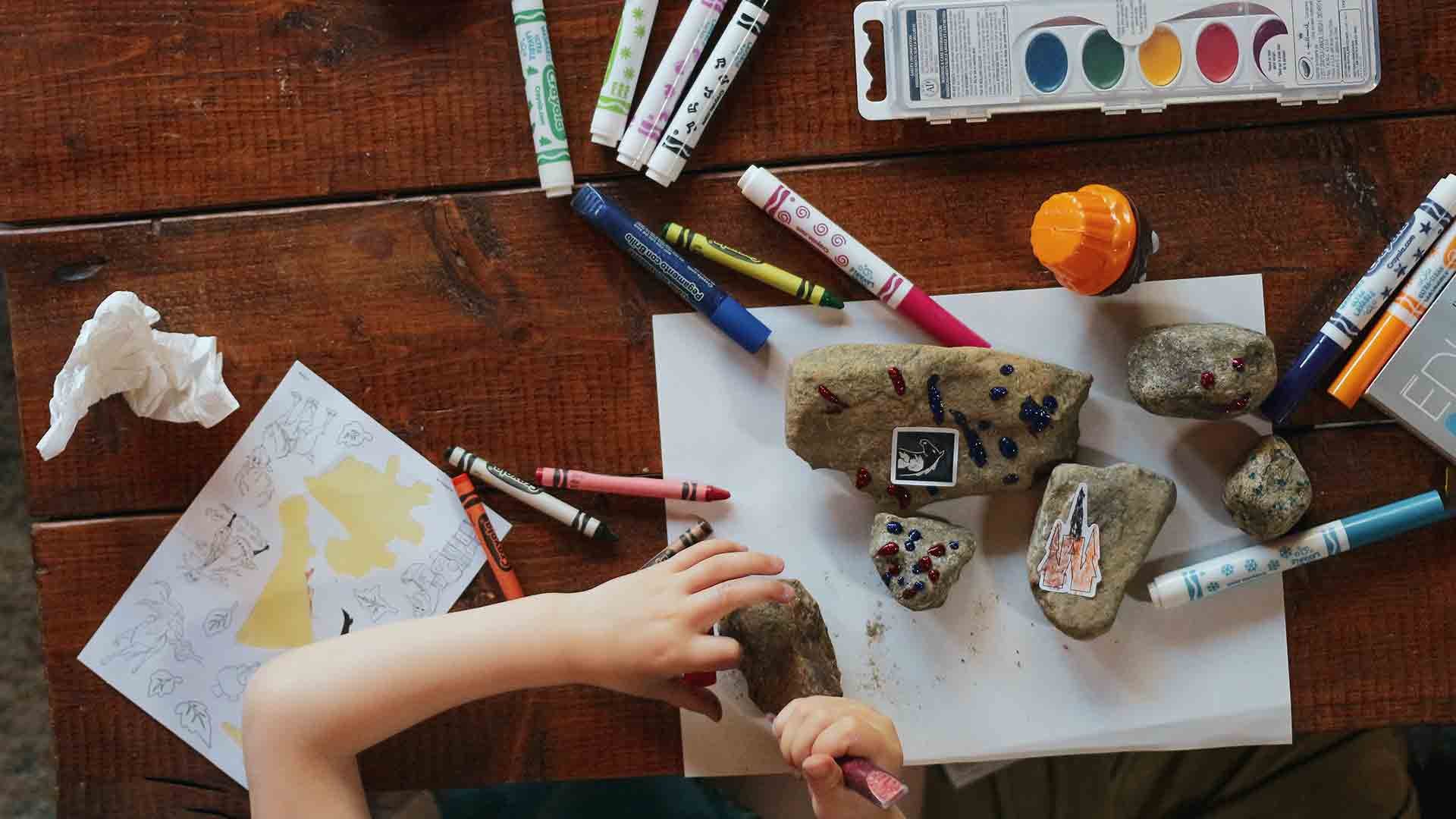Cultivating Resilience: Building Strong Coping Skills for Life's Challenges
Resilience is the ability to bounce back from difficult situations and challenges. It's a crucial skill that can help us navigate life's ups and downs with greater ease and success. Some people may be naturally resilient, but the great news is that resilience is also a skill that can be cultivated and strengthened over time.
At Newbridge Therapy Center, we believe that building resilience and strong coping skills is essential for everyone, especially children. Here are some tips and strategies for cultivating resilience in yourself and your children:
Build a strong support network. Having a network of supportive people can provide you with the emotional support and guidance you need to navigate difficult situations.
Practice self-care. Self-care can include things like getting enough sleep, eating well, exercising regularly, and practicing relaxation techniques like meditation or yoga. When we take care of ourselves, we're better equipped to handle life's challenges.
Develop healthy coping strategies. Healthy coping strategies can include things like deep breathing, mindfulness exercises, and positive self-talk. Encourage your children to find healthy ways to cope with stress and anxiety.
Focus on the positive. When we focus on the positive aspects of a situation, we're better able to find solutions and stay optimistic. Encourage your children to focus on their strengths and the things that they're grateful for.
Embrace failure and mistakes. Failures and mistakes are a natural part of life, and it can be a valuable learning experience. Encourage your children to see setbacks and errors as an opportunity to learn and grow, rather than a reflection of their worth or abilities.
By cultivating resilience and strong coping skills, we can meet life’s challenges with greater confidence. Newbridge Therapy Center is here to help you build these essential skills and thrive.

